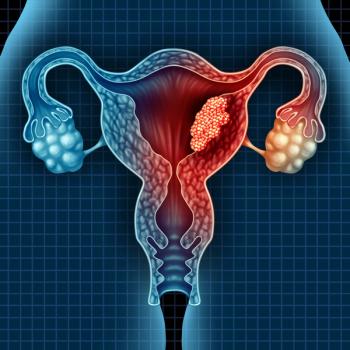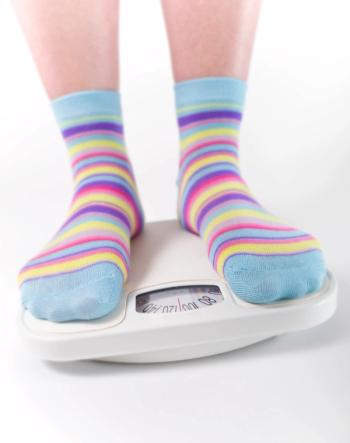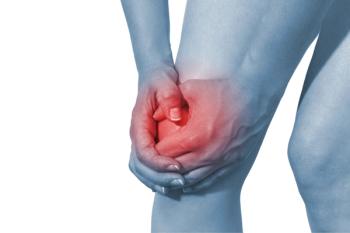
The CDC now recommends COVID-19 vaccination for all individuals 12 years and older in the United States, including those who are pregnant or breastfeeding.


The CDC now recommends COVID-19 vaccination for all individuals 12 years and older in the United States, including those who are pregnant or breastfeeding.

Among those who had hypertension, diabetes, and/or obesity as well as COVID-19, the risk rose to 160%.

The FDA has approved pembrolizumab in combination with lenvatinib for the treatment of advanced endometrial carcinoma that is not microsatellite instability-high or mismatch repair deficient

The researchers noted that during high-risk pregnancies, special monitoring and care throughout the pregnancy is mandatory.

Suzanne Soliman, PharmD, BCMAS, and Sally Arif, PharmD, BCPS, BCCP, discuss how the COVID-19 pandemic has impacted women in the pharmacy field.

A contraception toolkit helps them improve women's reproductive health.

In the United States, endometrial cancer is the most common cancer of female reproductive organs.

Innovative treatment options and new screening guidelines are transforming diagnosis and management of the disease.

Help female patients stay informed about prevention strategies, symptoms, and treatment of this potentially deadly condition.

Researchers at the National Institutes of Health (NIH) found that pregnant women only made slight changes to their diet after a gestational diabetes diagnosis.

The approval is based on a pair of Phase 3 studies in which oral ibrexafungerp demonstrated efficacy and a favorable tolerability profile in women with vulvovaginal candidiasis.

Other HPV-associated cancers were found to have increased over the study period, linking this trend to lack of guidelines and other resources.

most women reported 1 or more episodes of weight cycling, and each additional weight cycling episode was related to shorter sleep duration and poorer sleep quality.

Occupational exposure to certain medications and long hours standing may increase risk.

Researchers found no evidence of abnormal blood flow between the mother and fetus or problems with fetal blood flow following COVID-19 vaccination.

More than half of all female patients who undergo bariatric surgery are of reproductive age, and the resulting weight loss improves fertility, as well as reducing the risk of gestational diabetes and hypertensive disorders during pregnancy.

During National Women’s Health Week, which takes place from May 9 to May 15, CVS Health announced new initiatives to further support women’s health and wellness during the month of May.

Slightly less than 1% of the pregnant patients died from COVID-19 compared to 3.5% of nonpregnant patients, according to the study findings.

Experts estimate that 60% of adults have insufficient levels of vitamin D, which is known to promote bone and soft tissue health.

Data presented at the 2021 ESMO Breast Cancer Virtual Congress showed 29% of recurrent breast cancer biopsies showed conversion either from, or to, HER2-low expression.

For this Mother’s Day, Caroline Carney, MD, MSc, FAPM, CPHQ, explains the importance of understanding the correlation between mental health and heart health in women aged 65 years and older.

The Pharmacy Times® Pharmacy Focus podcast provides the latest industry news and information, thought-leader insights, clinical updates, patient counseling tools, and innovative solutions for the everyday practice and business of pharmacy.

Previous studies found breastfeeding does not impact executive function or memory, which was similar to the findings in this study, according to the authors.

Preliminary study results showed no safety concerns among pregnant women that received Pfizer-BioNTech and Moderna COVID-19 vaccines.

Women who had migraines before menopause had a 29% increased risk of developing high blood pressure after menopause.